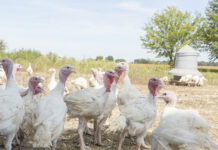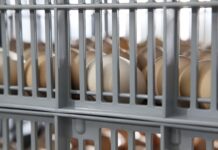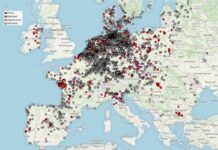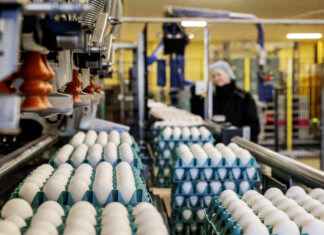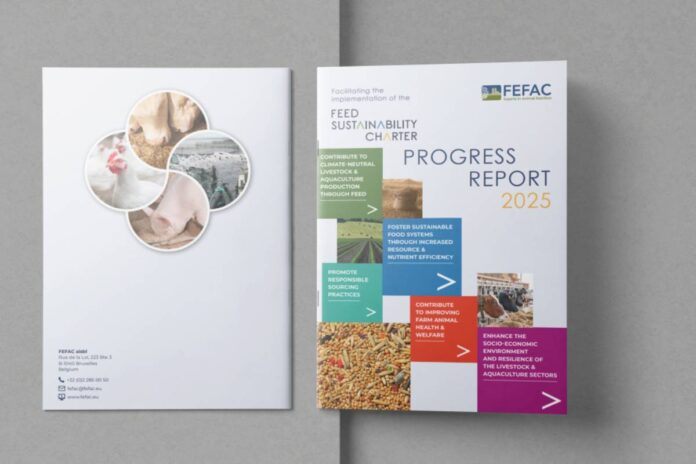
The European feed industry has reached a key milestone in its sustainability journey as FEFAC (the European Feed Manufacturers’ Federation) published the 5th edition of its Feed Sustainability Charter 2030 Progress Report, marking the halfway point since the Charter’s launch in 2020.
The 2025 edition provides an in-depth overview of how Europe’s feed sector is advancing its five strategic ambitions:
-
Climate neutrality
-
Responsible sourcing
-
Animal health and welfare
-
Resource efficiency
-
Socio-economic resilience
The report highlights both achievements and ongoing challenges faced by European feed manufacturers as they adapt to a shifting global landscape shaped by geopolitical tensions, regulatory reforms, and a changing EU policy agenda.
Aligning with the EU’s new Competitiveness Compass and Vision on Agriculture and Food
This year’s progress report reflects the transition from the EU Green Deal to the newly established EU Competitiveness Compass and the EU Vision on Agriculture and Food, both unveiled in early 2025. These policy frameworks place competitiveness, resilience, innovation, decarbonisation, and food security at the core of European objectives.
According to FEFAC, the feed industry plays a central role in achieving these goals through practical initiatives across the entire agri-food chain. The report outlines concrete progress, including:
-
The endorsement of EU Green Feed Labelling Guidelines, introducing harmonised tools to communicate the environmental performance of compound feed to farmers.
-
The publication of the Circular Feed Platform Catalogue, which calls for modernised regulations to enable the safe use of circular feed materials.
-
Continued efforts to reduce antimicrobial use in livestock production through improved animal nutrition strategies.
-
Active engagement in ensuring responsible soy sourcing under the new EU Deforestation Regulation, which directly affects global supply chains and material availability.
Building resilience through trade diversification and innovation
The report also notes that the feed sector is working to strengthen competitiveness and resilience by promoting trade diversification and securing access to strategic feed ingredients, particularly in light of disrupted global trade flows.
Industry commitment amid uncertainty
Commenting on the release, FEFAC President Pedro Cordero emphasised the sector’s continued resilience and innovation:
“European feed manufacturers are navigating a period of uncertainty shaped by shifting global trade flows, geopolitical tensions and an evolving regulatory framework, while a new political cycle in Europe is opening opportunities to strengthen resilience and competitiveness along the whole agri-food chain,” Cordero said.
“Despite these challenges, our sector continues to provide reliable solutions every day, working with farmers and value chain partners to advance circularity, reduce environmental impacts, and support the transition towards a more sustainable livestock economy.”
The 5th Feed Sustainability Charter 2030 Progress Report demonstrates how Europe’s feed manufacturers are turning long-term sustainability commitments into measurable action—bridging environmental goals with competitiveness and supporting the ongoing transformation of the EU livestock and aquaculture sectors.
Source: FEFAC Press Release


